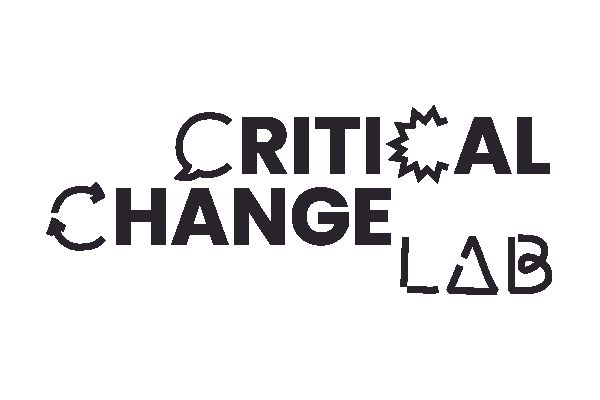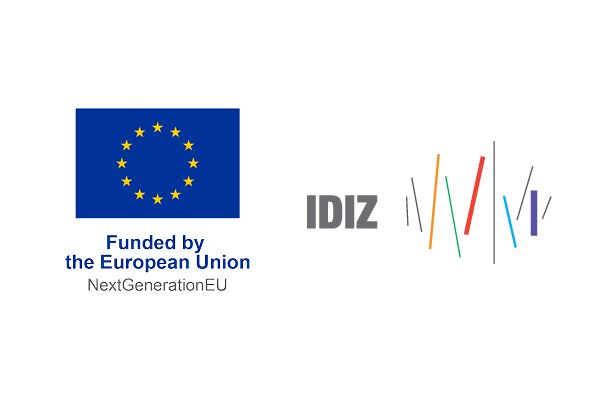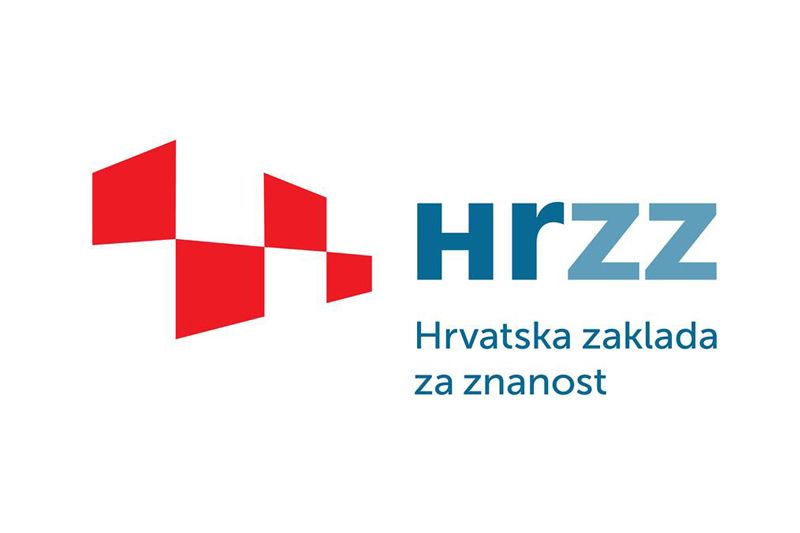Projects
Competitive research projects

Principal investigator: Boris Jokić, Ph.D.Project start: 01.04.2023.
Critical ChangeLab - Democracy meets arts: Critical change labs for building democratic cultures through creative and narrative practices
The Critical ChangeLab project aims to reinvigorate the relationship between youth and democracy, and consequently the future of 21st Century European democracy. This is achieved by spearheading the reach and impact of the Critical ChangeLab Model of Democratic Pedagogy, fostering youth's active democratic citizenship at a time where polarisation, deep political divisions and declining trust in democracy are spreading across Europe.
Read more
Project leader: Josip Šabić, Ph.D.Project start: 01.01.2024.
Educational and Career Plans of Youth in Music Education - MUSICPLAN
Educational and career plans of youth who attend music education are an underexplored area. There is a particular lack of research that would, in an attempt to detect possible determinants of these plans, bring together various theoretical perspectives, and that would include samples of youth of different age. This project will explore possible determinants of educational and career plans of youth who attend music education in Croatia. In the conceptualisation of the project, the starting points are the self-determination theory and the theory of cultural reproduction.
Read more
Project leader: Anđelina Svirčić Gotovac, Ph.D.Project start: 01.01.2024.
Effects of the Europeanization Process in Selected Urban-Rural Areas of Croatia – HREUURBRUR
Upon the EU accession, Croatia signed a number of strategic documents by which it became entitled to carry out the public policies that the EU promotes as the Europeanization process. As of 2021, Croatia has been divided into 4 NUTS2 regions: Pannonian Croatia, Adriatic Croatia, the City of Zagreb and Northern Croatia, in which the Europeanization process will be explored.
Read more
Project leader: Saša Puzić, Ph.D.Project start: 30.12.2025.
Intercultural Understanding and Attitudes Towards Diversity of Preservice Teacher Education Students
Croatia is facing an increased influx of refugees as well as other forms of contemporary migration movements. At the same time, research data indicate that negative attitudes toward the immigration of foreigners in Croatia are on the rise and that, although society is becoming more culturally diverse, its citizens are becoming less open to differences. To reverse these trends toward greater tolerance and acceptance of diversity, adjustments are needed in all segments of society, including education.
Read more
Project leader: Branko Ančić, Ph.D.Project start: 01.01.2024.
International Social Survey Programme – ISSP
Project description The ISSP project aims to ensure the continuity of implementing the ISSP research in Croatia, which has been carried out at the Institute for Social Research in Zagreb (ISRZ) since 2005. The project will include four modules of the ISSP research: Family and Gender Roles, National Identities and Citizenship, Digital Societies and Work Orientations. These modules will enable a more in-depth understanding of the Croatian society in the domains of family, gender roles, national identity, digitalization and labour, by also providing a comparative approach to these topics.
Read more